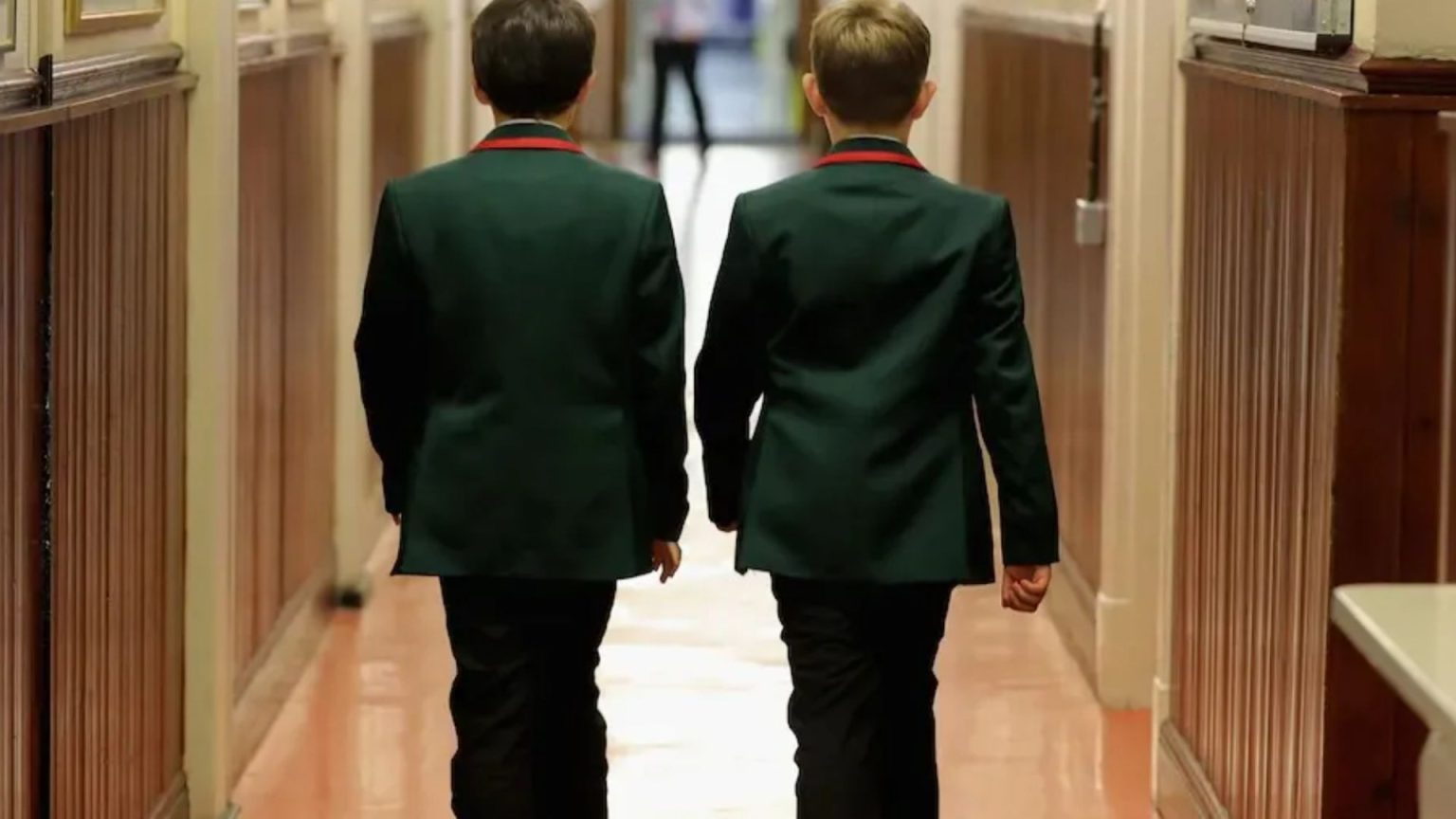The prevailing narrative surrounding gender equality often focuses on the disadvantages faced by women. However, emerging research reveals a disturbing trend: the systemic failure of boys and men in various aspects of life. This neglect has reached a point of national scandal, demanding urgent attention and action. The Centre for Social Justice highlights the stark reality that boys are lagging behind girls at almost every developmental stage. This disparity manifests in educational attainment, with girls outperforming boys in most subjects, and boys facing double the likelihood of school exclusion. The situation is particularly dire for white working-class boys, whose academic performance significantly trails behind their peers from other ethnic backgrounds. This educational gap translates into an economic dilemma and a cultural crisis, as young men increasingly find themselves unemployed, disengaged from education and training, and ultimately costing taxpayers billions in social welfare payments.
The economic disparity between young men and women is widening, with young women’s real income surpassing that of young men for the first time. This economic vulnerability contributes to a downward spiral for many young men, leading to addiction, crime, and despair. The overwhelming male dominance in the prison population, coupled with the significantly higher suicide rate among men, underscores the severity of the crisis. These troubling statistics are not merely isolated incidents; they represent a systemic failure to address the unique challenges faced by boys and men. The current narrative often portrays masculinity as something to be “fixed,” further marginalizing and alienating young men. Instead of pathologizing masculinity, we need to empower boys to become good men, providing them with the same opportunities and support that have been afforded to girls.
The focus on empowering girls, while laudable, has inadvertently overshadowed the struggles of boys. Recent political initiatives, such as Keir Starmer’s pledge to improve school readiness, while well-intentioned, fail to address the stark reality that boys are the ones lagging behind. Similarly, the newly established Office for Equality and Opportunity, while aiming to address inequalities faced by various groups, notably omits any mention of boys, despite their facing some of the worst outcomes. This omission highlights a critical blind spot in current equality discourse, effectively silencing the struggles of half the population. The focus on women’s equality, while important, should not come at the expense of addressing the needs of boys and men.
The lack of attention given to the challenges facing boys underscores the urgent need for a dedicated Minister for Men and Boys. This position would ensure that the specific issues affecting boys, including educational disparities, unemployment, and mental health struggles, receive the attention and resources they deserve within the government. Dismissing these concerns as a mere “culture war” or an attempt to legitimize “toxic masculinity” is not only dismissive but also dangerous. Ignoring the plight of young men leaves them vulnerable to harmful influences and further entrenches them in cycles of disadvantage.
The current situation presents a stark choice: either continue to marginalize and neglect young men, allowing them to fall prey to destructive ideologies, or proactively address their needs and empower them to contribute positively to society. The detrimental influence of figures like Andrew Tate highlights the dangers of leaving young men feeling disenfranchised and without positive role models. Just as a society is judged by how it treats its women and girls, it should equally be judged by how it treats its boys and men. It is time to acknowledge and address the systemic failures that are holding back young men, ensuring they have the same opportunities to thrive as their female counterparts.
This is not about diminishing the importance of women’s equality; it is about recognizing that true equality encompasses all genders. Addressing the challenges faced by boys is not a zero-sum game; it is about creating a more equitable society for everyone. By investing in the well-being and success of boys and men, we invest in the future of our communities and our nation. Ignoring their struggles is not only unjust but also short-sighted, ultimately undermining the very fabric of society. It’s time to move beyond the simplistic narratives surrounding gender equality and embrace a more nuanced and inclusive approach that addresses the needs of all.
Finally, this discussion extends beyond just policy and into the realm of parenting and societal expectations. The anecdote about excessive Christmas gifts highlights a tendency to overindulge children, which can contribute to a sense of entitlement and a lack of appreciation. This is not a call for austerity but rather a plea for mindful consumption and a focus on experiences over material possessions. By setting reasonable expectations and encouraging gratitude, we can help children develop healthy attitudes towards material goods and cultivate a sense of appreciation for what they have. This, in turn, can contribute to a more balanced and fulfilling life, free from the pressures of consumerism and the pursuit of material wealth.











